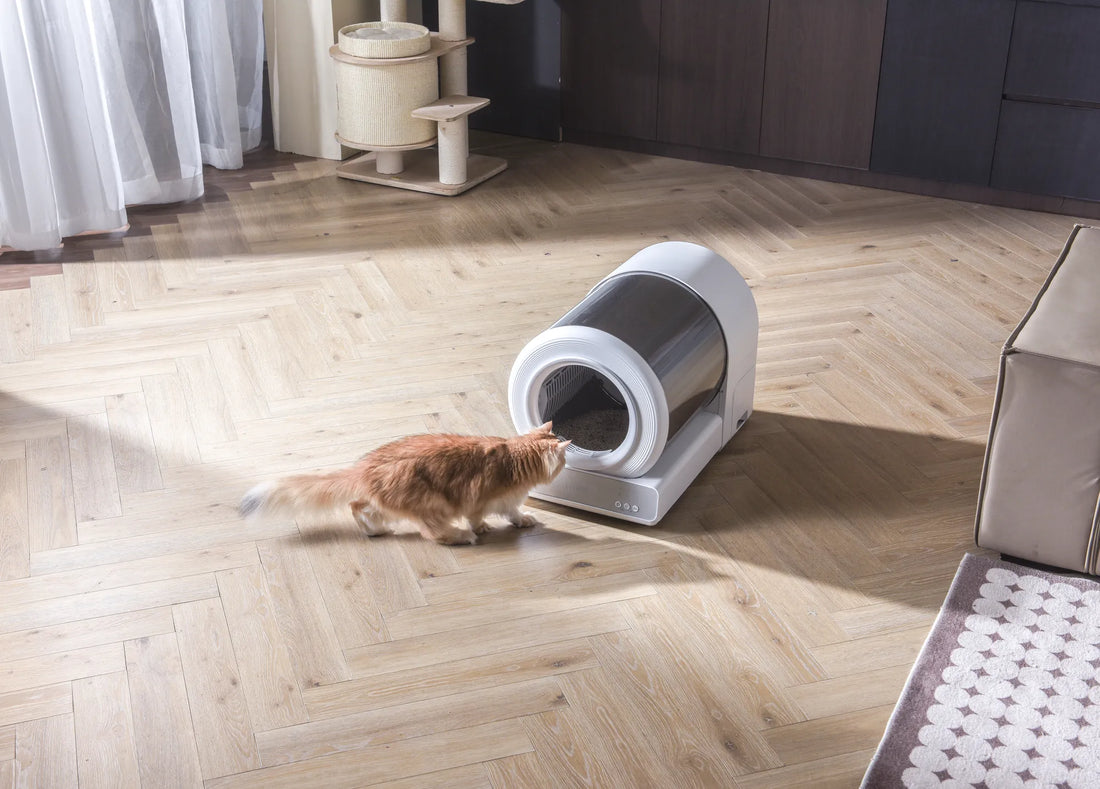It’s a scenario that many pet owners find both baffling and disgusting: your dog sneaks into the litter box and starts munching on cat poop. While this behavior, known as coprophagia, is relatively common, it can raise serious concerns about your dog’s health and hygiene. Understanding why dogs engage in this behavior and how to address it is crucial for maintaining a harmonious and healthy household.
Why Do Dogs Eat Cat Poop?
Dogs eating cat poop from the litter box is a behavior that can stem from various reasons. One of the most common explanations is curiosity. Dogs are naturally inquisitive animals, and the litter box, with its unique smells and textures, can be an irresistible attraction. Additionally, some dogs may find the taste of cat feces appealing due to the high protein content in cat food, which can make their waste more enticing.
Another factor could be nutritional deficiencies. If a dog’s diet lacks certain nutrients, they might seek out alternative sources, including cat poop. Behavioral issues, such as boredom or anxiety, can also drive dogs to engage in coprophagia. In some cases, dogs may mimic this behavior after observing other dogs doing it.
The Risks of Dogs Eating Cat Poop
While it might seem like a harmless, albeit gross, habit, there are several risks associated with dogs eating cat poop. One of the primary concerns is the potential for parasites and bacteria. Cat feces can contain harmful organisms like Toxoplasma gondii, which can cause toxoplasmosis in dogs. This condition can lead to symptoms such as lethargy, fever, and even neurological issues.
Another risk is the transmission of intestinal worms. If the cat is infected with worms, the dog can easily contract them by consuming their feces. Additionally, eating cat poop can lead to gastrointestinal upset in dogs, resulting in vomiting, diarrhea, and discomfort.
How to Prevent Your Dog from Eating Cat Poop
Preventing your dog from eating cat poop requires a combination of strategies. One effective method is to make the litter box inaccessible to your dog. This can be achieved by placing the litter box in a location that is easy for the cat to access but difficult for the dog, such as behind a baby gate or in a room with a cat door.
Another approach is to clean the litter box frequently. By removing the cat’s waste promptly, you reduce the opportunity for your dog to indulge in this behavior. Training your dog to leave the litter box alone can also be beneficial. Positive reinforcement techniques, such as rewarding your dog for ignoring the litter box, can help reinforce good behavior.
Ensuring that your dog’s nutritional needs are met is another important step. If you suspect that your dog’s diet is lacking, consult with a veterinarian to determine if dietary changes or supplements are necessary. Providing your dog with plenty of mental and physical stimulation can also help reduce boredom-related coprophagia.
When to Seek Veterinary Advice
If your dog continues to eat cat poop despite your best efforts, it may be time to seek veterinary advice. A veterinarian can help rule out underlying health issues, such as nutritional deficiencies or gastrointestinal problems, that may be contributing to the behavior. They can also provide guidance on behavioral modification techniques and recommend products that may deter your dog from eating cat feces.
In some cases, a veterinarian may suggest using deterrents, such as additives that make the cat poop taste unpleasant to the dog. However, it’s important to use these products with caution and under the guidance of a professional to ensure they are safe for both your dog and cat.
Maintaining a Healthy and Happy Household
Living in a multi-pet household can be incredibly rewarding, but it also comes with its unique challenges. By understanding why dogs eat cat poop and taking proactive steps to prevent this behavior, you can create a healthier and more harmonious environment for all your pets. Remember, patience and consistency are key when addressing behavioral issues in dogs.
If you’re struggling to manage this behavior on your own, don’t hesitate to reach out to a professional for help. With the right approach, you can ensure that your dog stays away from the litter box and enjoys a happy, healthy life.
Don’t let your dog’s litter box antics ruin your peace of mind. Take action today to protect your furry friends and maintain a clean, safe home for everyone. Your pets will thank you!













